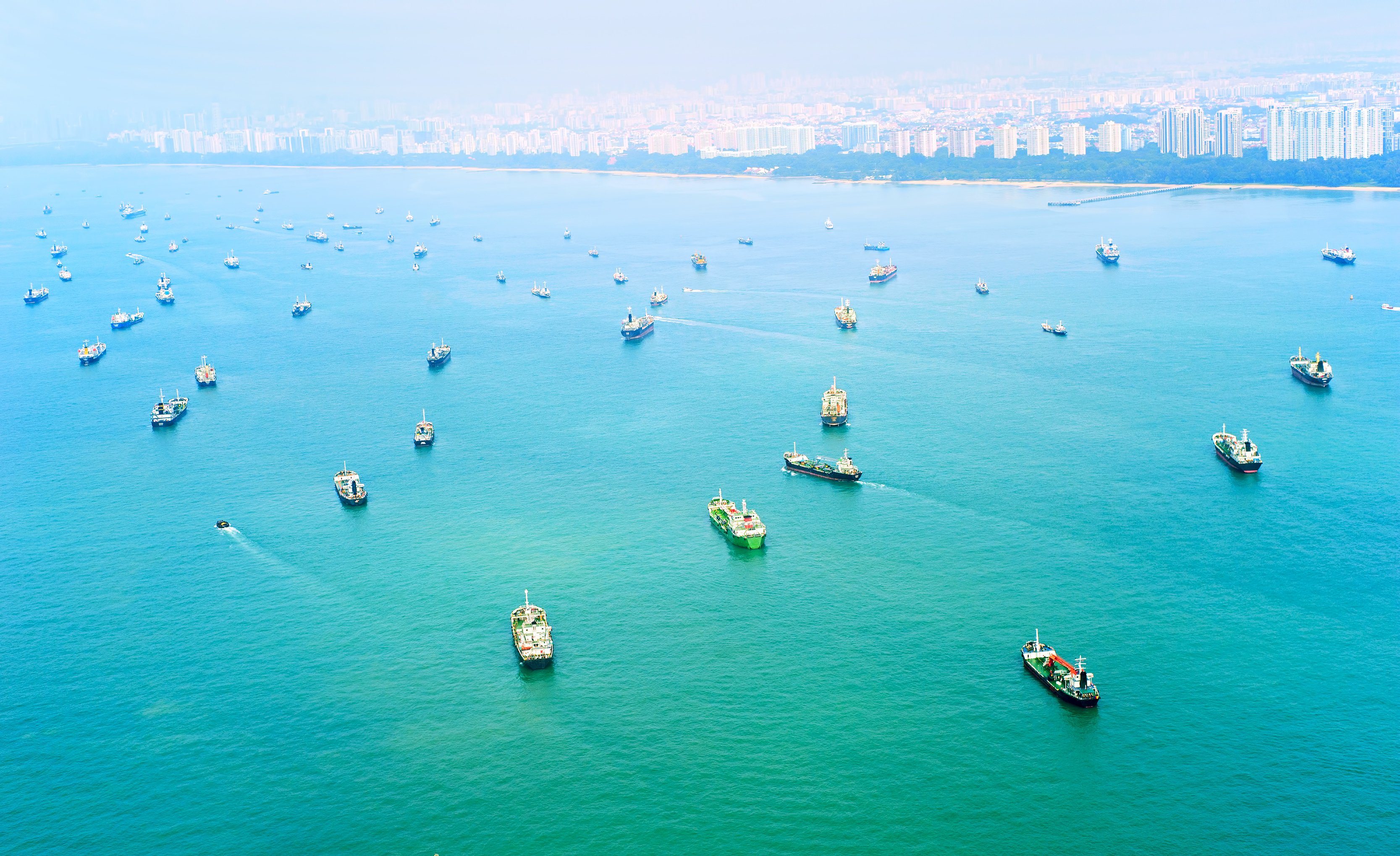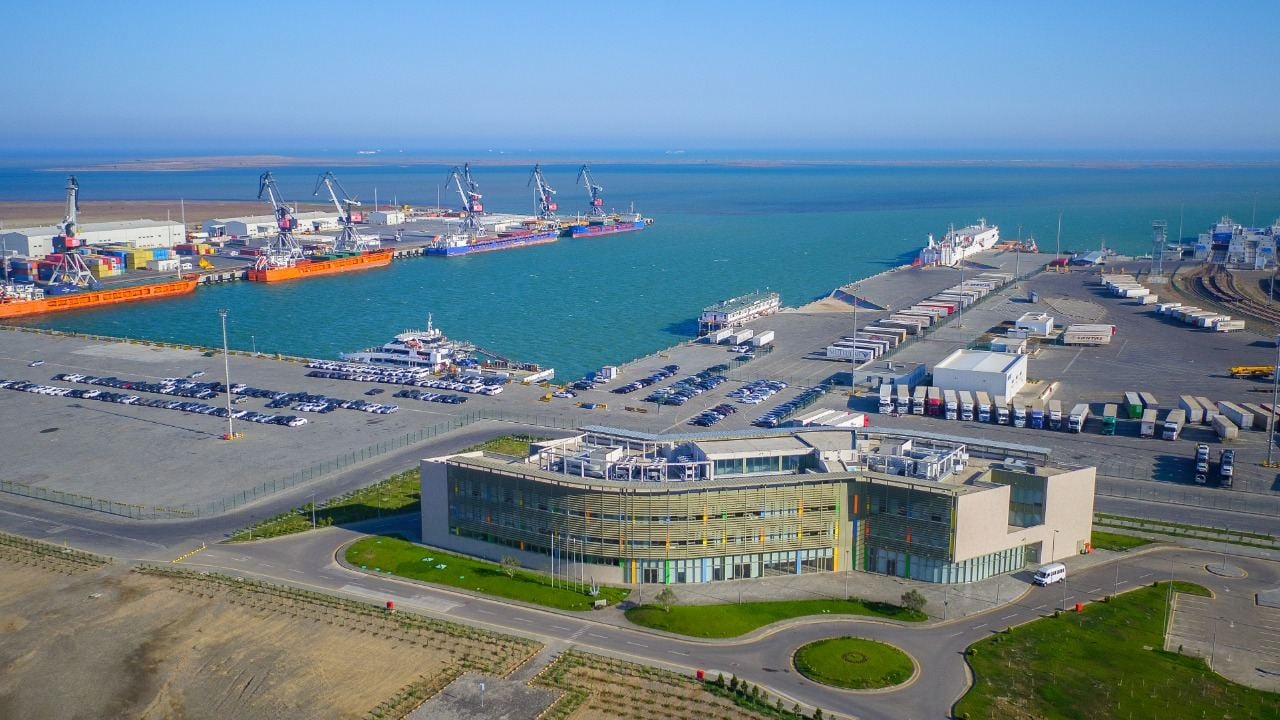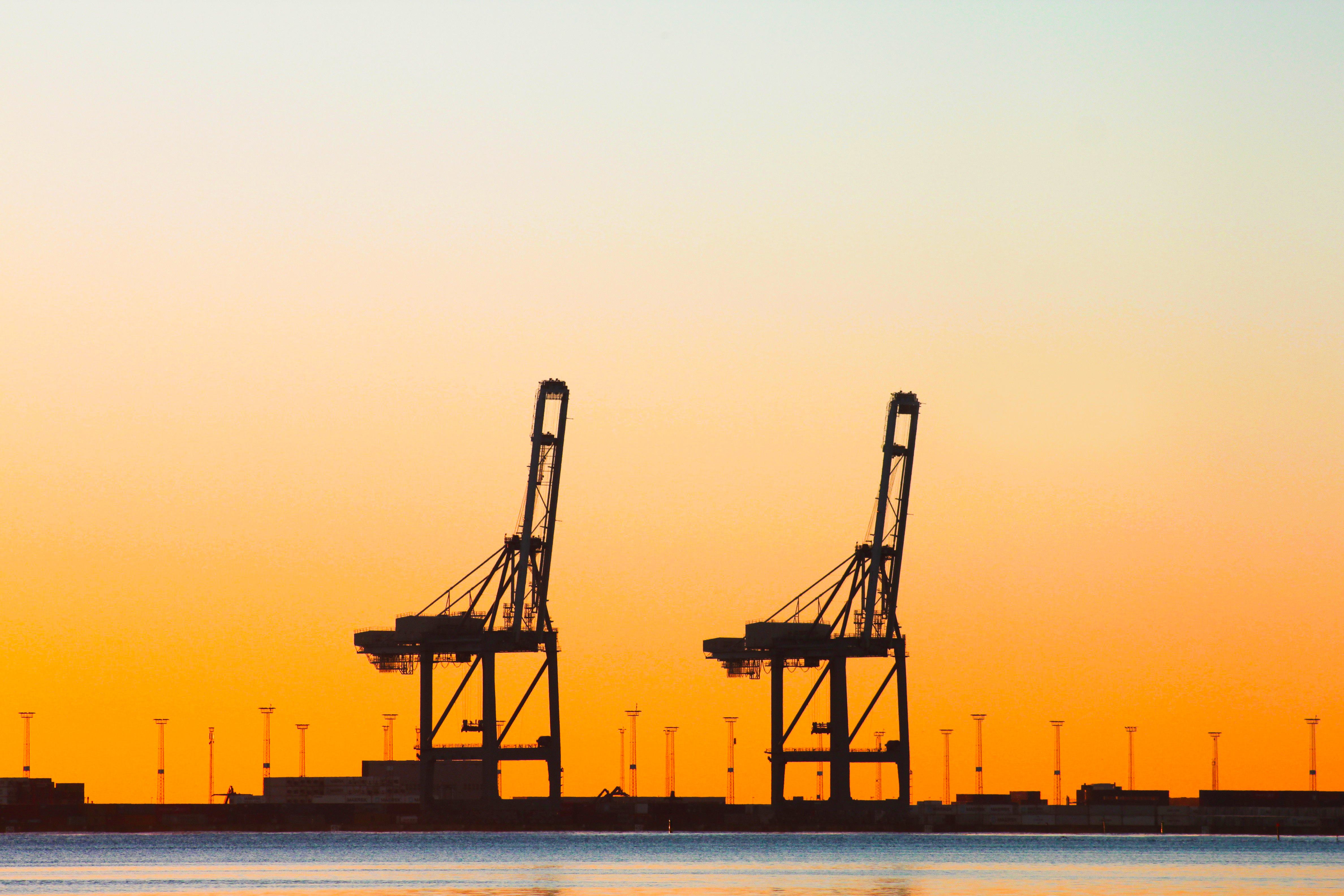 UNCTAD’s latest Review of Maritime Transport predicted a 2.4% growth in maritime trade volume in 2023, recovering from a 0.4% contraction in 2022. The outlook was even stronger on a ton-mile basis, with geopolitical events driving global seaborne trade growth on a ton-mile basis to almost 4%.
UNCTAD’s latest Review of Maritime Transport predicted a 2.4% growth in maritime trade volume in 2023, recovering from a 0.4% contraction in 2022. The outlook was even stronger on a ton-mile basis, with geopolitical events driving global seaborne trade growth on a ton-mile basis to almost 4%.
Dr. Jan Hoffmann, Chief, Trade Facilitation Section, UNCTAD, told ICS Leadership Insights that the recent and historical trend of cargo travelling further by sea was the most surprising revelation in the report data. “We talk about near-shoring… but the distance travelled in almost all commodities has gone up, and not only in the last two years but over decades,” said Hoffman.
One notable exception to that trend was in container shipping, where trade distances have fallen since 2020 and more intra-regional supply chains can be seen.
On decarbonisation, the report noted the challenges faced by shipowners, ports and terminals alike; uncertainty remains on future fuels and regulations for industry, yet immediate action is needed to meet global and sectoral decarbonisation targets.
“There are many individual micro-economic shipowners who still do not know what the future carbon price will be. They know that there is a goal… but this is not enough certainty.” said Hoffman.
Although the industry was more efficient on a ton-mile basis, overall emissions from shipping have continued to grow over the past decade as trade growth outpaces efficiency improvements, according to the report. Comparing the carbon dioxide emissions from vessels’ main and auxiliary engines in Q1 2013 and Q1 2023 shows an increase of over 20%, said Hoffman.
Among the policy recommendations in Review of Maritime Transport were the reduction of uncertainty in regulations to allow investment in new ships, information sharing, support for developing nations, and incentivising investment in alternative fuels and green technologies for ships.



